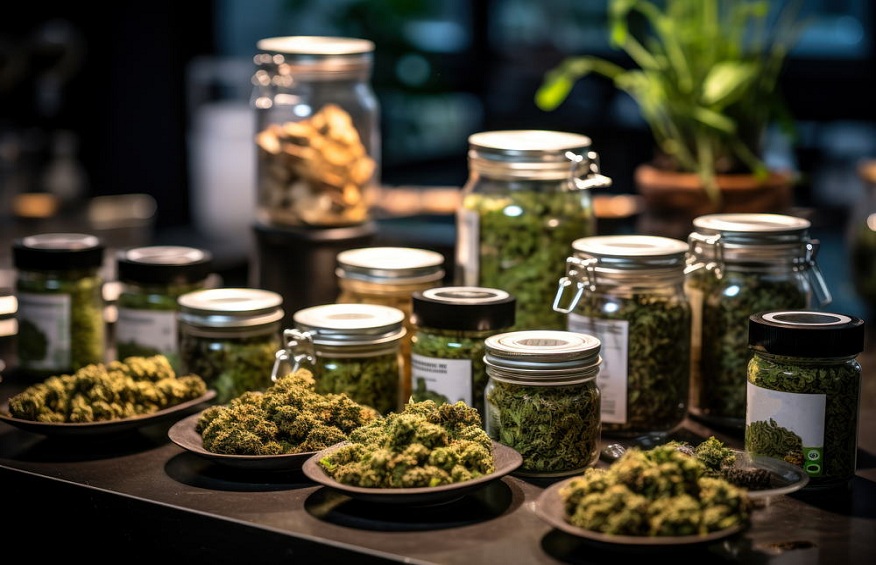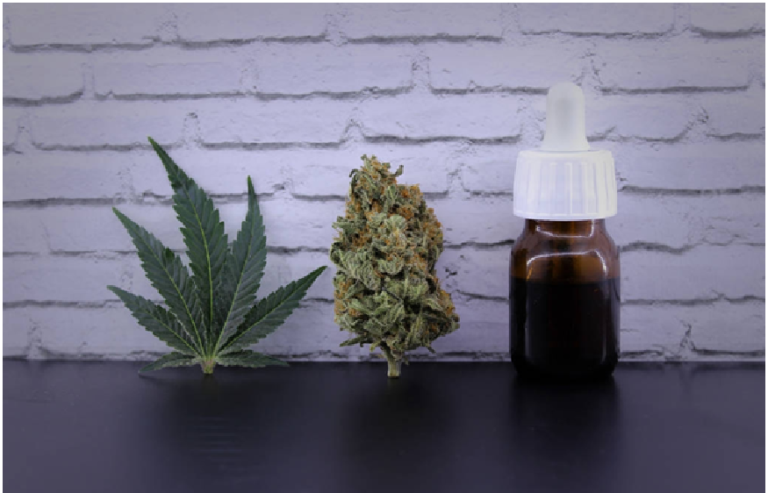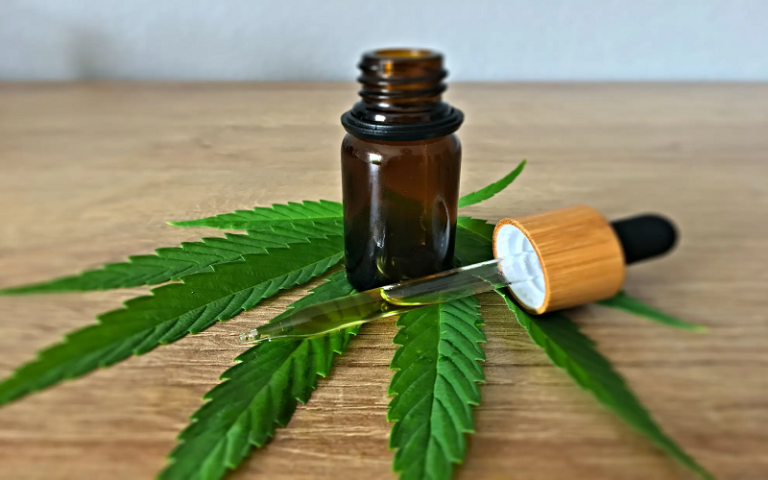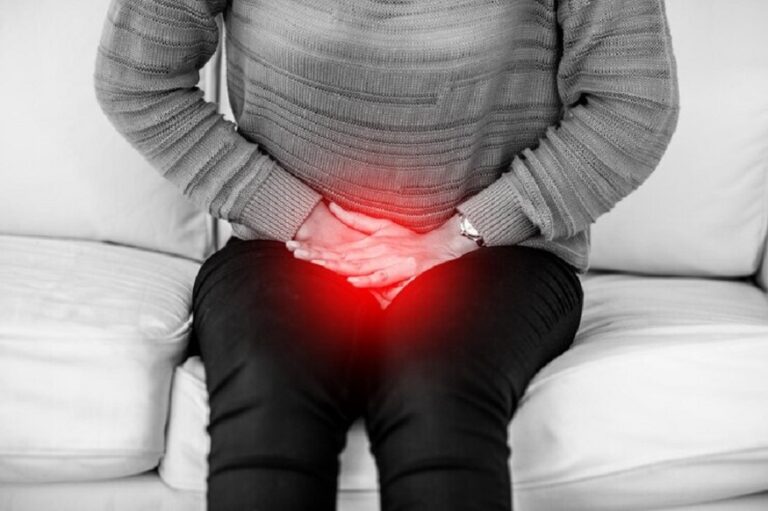Taxes are a part of life. So it’s no surprise that states levy taxes on marijuana when they approve medical and recreational use. The surprising part is how high the taxes are in some states. They are so high that they often harm legal operators while benefiting the black market. Reducing state taxes is not enough to solve the problem. It is good, but it’s not enough.
Retail Customers Pay the Taxes
It doesn’t matter how states assess their taxes on marijuana. Whether they tax producers, processors, or distributors, retail customers are always the ones who pay. Remember that taxes are considered part of doing business. They are a cost that gets rolled into the sales price at every level of distribution.
When a medical cannabis patient visits the Beehive Farmacy, a Utah medical dispensary, he or she pays all the accumulated taxes and fees that have been assessed from production through retail sale. I don’t know what that amounts to in real dollars. But I do know, based on recent news reports, the total tax burden on retail customers in New York is about 38%. That is insane.
The Governor Wants to Reduce the Tax
It turns out that NY Gov. Kathy Hochul wants to reduce marijuana taxes in the Empire State. She has offered such a proposal in her latest budget. In short, she wants to eliminate the potency tax and replace it with a 9% excise tax. Her plan would reduce the total tax burden at retail to 22%.
Under the current tax burden, customers spend an additional $3.80 for every $10.00 they spend. The new tax rate would reduce it to $2.20. No doubt the reduction is significant. But so what? Hochul seems to believe that reducing taxes will help the state eliminate the black market. It is a pipe dream.
Black Market Pot Is Cheaper
The fact of the matter is that the black market thrives because it can sell marijuana much more cheaply. Black market operators don’t pay licensing fees. They don’t worry about expensive liability insurance policies. They do not pay taxes in any form. As a result, their costs of doing business are much lower. They can sell product at a considerably cheaper price and still make more money than legal operators.
Even if all other things were equal, black market pot would still be 22% cheaper under the new tax assessment. It will not matter that legal operators can reduce their prices by that same amount. Their products will still be significantly more expensive compared to their black market counterparts.
Just Get Out of the Way
State governments are never going to completely eliminate the black market. They have not eliminated bootleg alcohol even after decades of trying. The same will always be true for marijuana. Even so, states could simultaneously deal a significant blow to the black market and boost the legal market by just getting out of the way.
Legal operators thrive in the alcohol industry. They could thrive in the marijuana industry as well. What they need is for state governments to step back and let them do what is best for business. Without a willingness to do so, regulators will continue hampering what could otherwise be a thriving industry.
For the time being, it appears the best NY lawmakers can do is reduce the tax rate from 38% to 22%. It is better than nothing, but a lower tax rate won’t do much to help the legal market compete more effectively against illicit operators. That is just the reality of state-legal marijuana.














+ There are no comments
Add yours